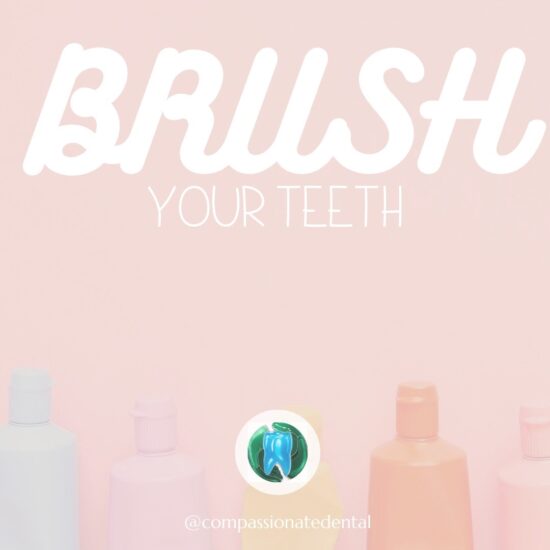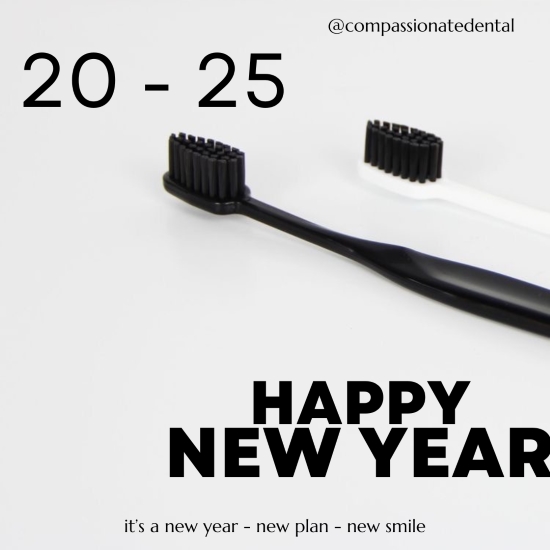Think a dental cleaning is just a quick polish and rinse? Think again. Routine cleanings…

What Your Dentist Wants You to Know About Your Dental Care
As we celebrate Oral Health Month, it’s the perfect time to reflect on our dental care habits and understand what our dentists truly want us to know about maintaining a healthy smile. Here’s a comprehensive guide to help you prioritize your dental health, both at home and in the dentist’s chair.
Understanding Your Dental Care:
- Consistency is Key: Your dentist wants you to know that consistency in oral hygiene habits is crucial for a healthy smile. Brushing twice a day, flossing daily, and using mouthwash can help prevent plaque buildup, cavities, and gum disease.
- Proper Technique Matters: It’s not just about brushing and flossing; it’s about doing it right. Your dentist can provide guidance on proper brushing and flossing techniques to ensure you’re effectively cleaning all surfaces of your teeth and along the gumline.
- Regular Check-ups Are Essential: Don’t wait until you have a problem to see your dentist. Routine dental check-ups are essential for early detection of dental issues and preventive care. Your dentist can spot potential problems before they escalate, saving you time, money, and discomfort in the long run.
Helping Your Smile at Home:
- Choose the Right Tools: Your dentist can recommend the best toothbrush, toothpaste, and floss for your unique dental needs. Using the right tools can make a significant difference in your oral health.
- Watch Your Diet: Sugary and acidic foods and drinks can contribute to tooth decay and enamel erosion. Your dentist may recommend limiting these items and opting for healthier alternatives like fruits, vegetables, and water.
- Stay Hydrated: Drinking plenty of water throughout the day helps rinse away food particles and bacteria, keeping your mouth clean and hydrated. Plus, water helps stimulate saliva production, which is essential for maintaining oral health.
The Importance of Timely Care:
- Don’t Ignore Symptoms: If you experience dental pain, sensitivity, or other symptoms, don’t ignore them. These could be signs of underlying dental issues that require prompt attention from your dentist.
- Addressing Issues Sooner Rather Than Later: Your dentist wants you to know that addressing dental issues sooner rather than later can prevent them from worsening and requiring more extensive treatment. Whether it’s a small cavity or gum inflammation, early intervention is key.
- Invest in Your Smile: Your smile is one of your most valuable assets. Investing time and effort into your dental care now can lead to a lifetime of healthy smiles and overall well-being.
In conclusion, Oral Health Month is the perfect opportunity to recommit to your dental care routine and prioritize your oral health. By understanding what your dentist wants you to know, practicing good oral hygiene habits at home, and addressing issues promptly, you can maintain a healthy, beautiful smile for years to come. Schedule your next dental check-up today and take the first step towards a healthier smile!



